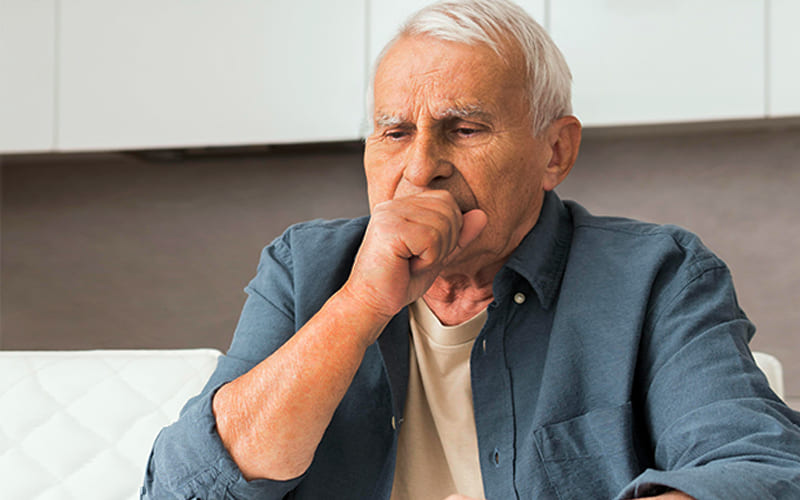According to the Cleveland Clinic Center for Continuing Education, 1 in 4 persons in the world suffers from dyspnea, which is referred to as shortness of breath. This problem is also commonly called as “air hunger” and involves feeling a tightness in the chest, a shortness of breath and the feeling of suffocation.
This problem in the geriatric person is often not diagnosed at the right time and not diagnosed properly. Firstly, dyspnea is difficult to diagnose, and physicians often misdiagnose the condition believing it to be a symptom of something more chronic. However, this condition should never be left untreated in the geriatric. In case of post-hospitalization care, caregivers should watch out for these signs and get the senior person to proper doctors immediately.
To diagnose a senior person with dyspnea, a clinician should start with a thorough medical history of the person in question. The signs that a person is experiencing dyspnea are given below:

Physicians who are treating dyspnea should realize that the care and treatment of the condition should be done carefully, especially for senior persons. The treatment should be carefully tailor-made and help the senior person at large. Some general recommendations are:
In some senior patients who have dyspnea because of advanced COPD or shortness of breath, not much in terms of treatment can be provided except for management of the problem.
Some of the treatment options of this condition are:
This can help obese people reduce the symptoms considerably. Talk with a doctor regarding implementing a proper diet and exercise regimen.

Breathing techniques can be taught to the patient and care under a pulmonologist can also be provided for.
Dyspnea is one of the symptoms of heart failure. An artificial pump may be used to rehabilitate the heart.
In conclusion, if a senior person suffers from dyspnea, post-hospitalization care caregivers will certainly help them get the right treatment for their condition. Doctors will assess the airways and prescribe a range of tests.
Dyspnea in a senior person is a very distressing condition, especially if the person resides alone. That’s why reach out to Rising Care so that your golden years are not marred by the debilitating condition that is dyspnea.